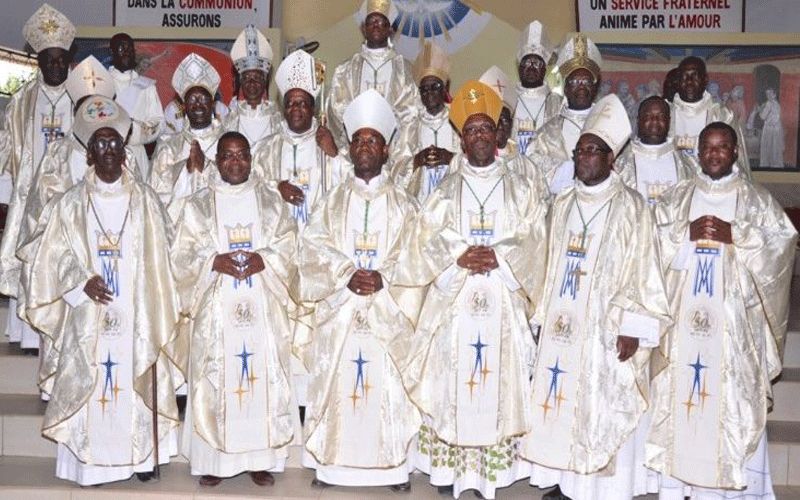Korhogo, 16 January, 2020 / 1:22 am (ACI Africa).
Against the backdrop of a tense atmosphere in Ivory Coast ahead of presidential elections in October, the Catholic bishops in the West African nation have resolved to stand against “the sacrificing of human lives” and to engage in building bridges between the people.
“The Bishop, Minister of Reconciliation, cannot accept the lack of combined will of the antagonists; he cannot accept the sacrificing of human lives in the calculation of particular interests,” Bishop Ignace Bessi, President of the Catholic Bishops' Conference of Ivory Coast (Cecci), said at the opening of their 114th Plenary Assembly in the diocese of Korhogo Tuesday, January 14.
According to Bishop Bessi, the Catholic Church is concerned about the trials that the people are going through.
“The Church intends to face them (trials), in truth, and to give her contribution, destroying the barriers between people and building bridges between them,” Bishop Bessi told the general assembly being held under the theme "communion at the service of reconciliation."
A rise in tensions in recent weeks between Ouattara and his political rivals has raised fears of election-related violence in Francophone West Africa's largest economy, where a disputed 2010 vote set off a civil war that killed 3,000 people, Voanews has reported.








